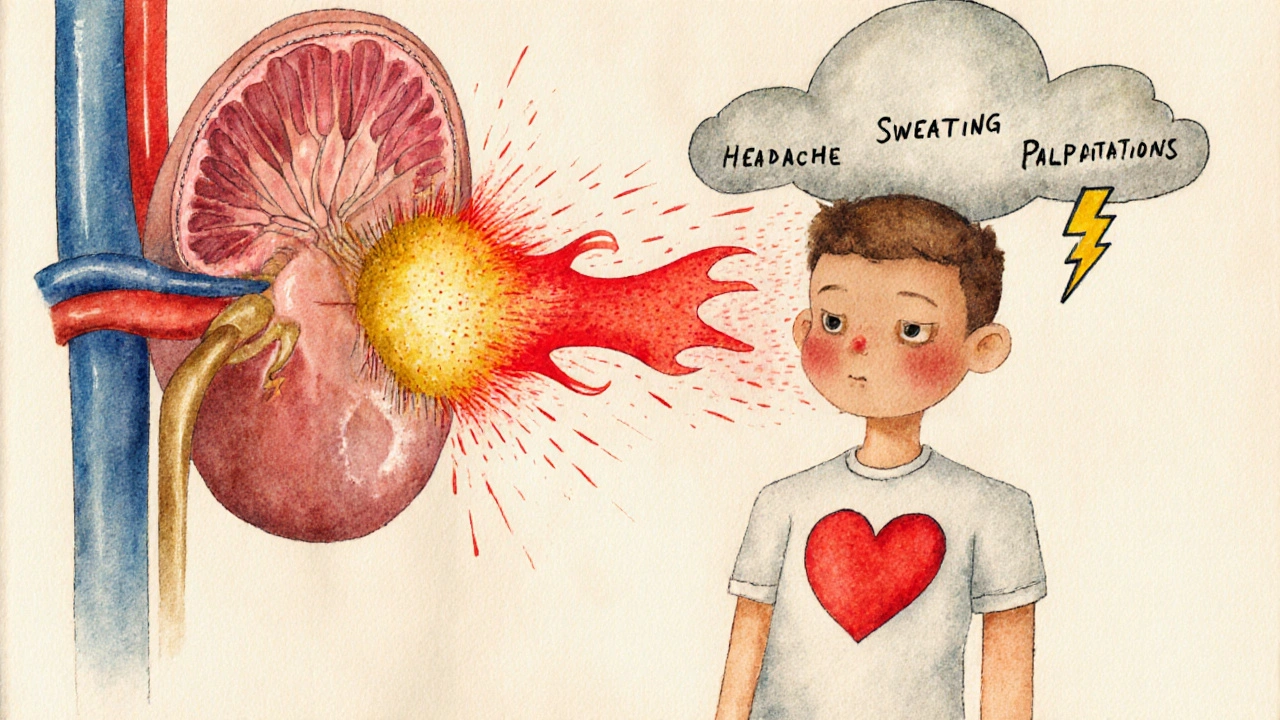High Blood Pressure: Causes, Risks, and Medications That Help
When your blood pushes too hard against artery walls, you have high blood pressure, a chronic condition where force of blood flow is consistently elevated, increasing risk of heart attack, stroke, and kidney damage. Also known as hypertension, it often shows no symptoms—until it’s already damaging your body. About one in three adults has it, and many don’t even know.
Many people manage high blood pressure with meds like valsartan-hydrochlorothiazide, a combo drug that relaxes blood vessels and helps the body get rid of extra salt and water. But these drugs aren’t risk-free. For example, the diuretic part—hydrochlorothiazide—can raise uric acid levels, which might trigger gout, a painful form of arthritis caused by crystal buildup in joints, especially in men or those with kidney issues. That’s why knowing your body’s reaction to meds matters more than just taking them.
High blood pressure doesn’t happen in a vacuum. It’s tied to diet, stress, weight, and even other conditions like diabetes. Some meds meant to help can cause side effects like weight gain or fatigue, which then make it harder to stick with treatment. And if you’re on multiple drugs, interactions can sneak up on you—like how blood thinners behave differently during a respiratory infection. That’s why managing high blood pressure isn’t just about popping pills. It’s about understanding how your body responds, what to watch for, and how to work with your doctor to adjust things safely.
You’ll find real stories here—people who thought their meds were working fine, only to discover hidden risks. Others who learned how to cut back on salt without giving up flavor. Or how some folks with high blood pressure ended up managing gout without stopping their treatment. These aren’t theoretical guides. They’re practical fixes from people who’ve been there.
Pheochromocytoma is a rare adrenal tumor that causes dangerous spikes in blood pressure through excess adrenaline. It’s often misdiagnosed as anxiety, but blood tests and surgery can cure it. Learn the symptoms, diagnosis, and why early detection saves lives.

